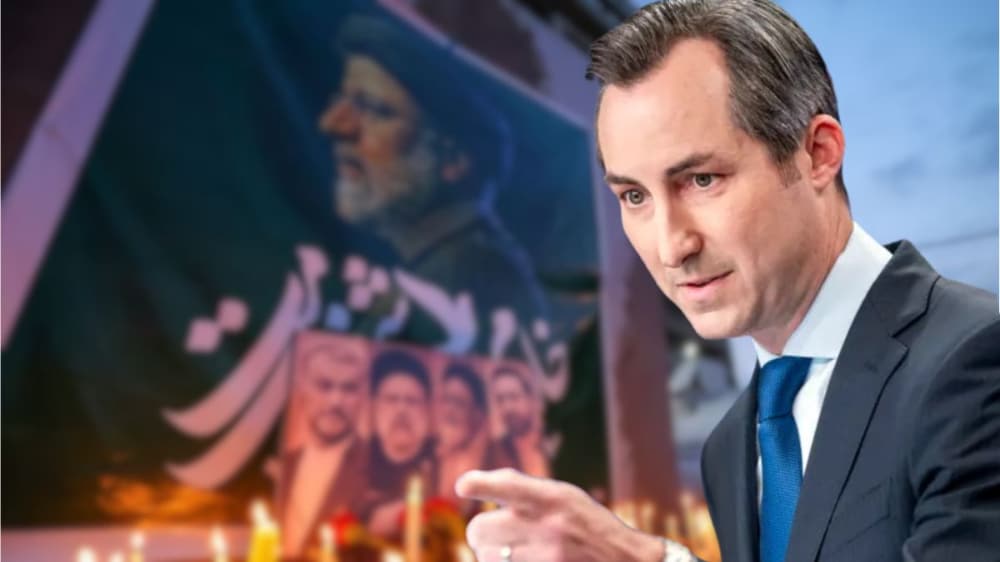The United States cited “logistical reasons” for its inability to assist Iran following a fatal helicopter crash that killed President Ebrahim Raisi and several high-ranking officials.
State Department spokesperson Matthew Miller explained the US response to Iran’s request for assistance. “We were asked for assistance by the Iranian government. We made it clear that we would offer help, as we would in any similar situation with a foreign government,” Miller stated. “Ultimately, largely for logistical reasons, we could not provide that assistance,” he added, without giving further details. The crash occurred on Sunday when a U.S.-made Bell 212 helicopter carrying Raisi, Foreign Minister Hossein Amirabdollahian, and six others went down in mountainous terrain near the Azerbaijan border. The wreckage was found early Monday after an overnight search hampered by severe blizzard conditions.
READ MORE: Pakistan’s Mobile Phone Imports Skyrocket by 209% in Ten Months
Iran has not released an official statement regarding the cause of the crash, fueling speculation and concern. U.S. Defense Secretary Lloyd Austin denied any US involvement when asked about potential accusations from Tehran. “The United States had no part to play in that crash,” Austin stated. “I can’t speculate on what may have caused it,” he added.
The incident comes amid escalating internal dissent within Iran over various political, social, and economic crises. Iran’s clerical leadership is under intense international scrutiny over its controversial nuclear program and expanding military cooperation with Russia amid the ongoing war in Ukraine.
Despite the gravity of the situation, Austin downplayed concerns about immediate security implications for the Middle East. “I don’t necessarily see any broader, regional security impact at this point,” he said.
According to the Islamic Republic’s constitution, a new presidential election must be held within 50 days. This period is expected to be marked by uncertainty and potential instability. Suzanne Maloney, an Iran scholar at the Brookings Institution, highlighted the likely cautious approach by Iran’s leadership during this transitional phase. “Khamenei and Iran’s security services will seek to avoid any perception of vulnerability during the transition period,” Maloney noted. “As a result, I’d expect a skittish, reactive Iran that may be more risk-averse in the near term but paradoxically more dangerous if it perceives itself on the defensive,” she added.


